Mobile stone crusher plants have gained popularity for their versatility and efficiency in various industries. While they offer numerous advantages, there are also some lesser-known pros and cons that are worth considering:
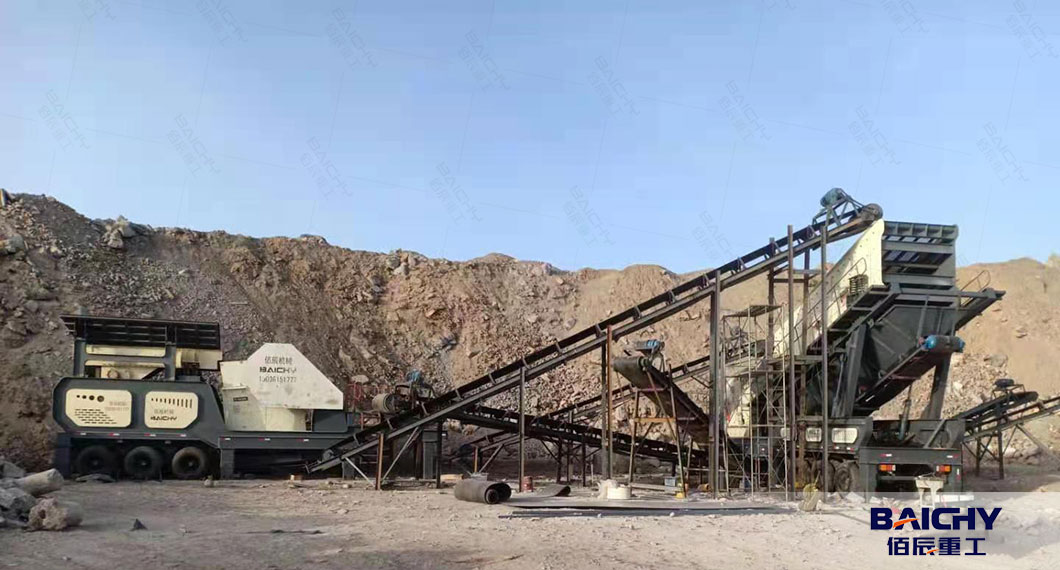
Mobile Stone Crusher Plant: Pros
1. High Mobility
Mobile stone crusher plants are mounted on mobile chassis, usually trucks or trailers. This enables them to be easily transported from one site to another. For example, in a construction project that spans multiple locations or in mining operations where the ore deposits are scattered, these crushers can quickly be relocated without the need to build fixed crushing facilities at each spot. It saves a significant amount of time and money that would otherwise be spent on disassembling, transporting, and reinstalling fixed crushers.
They can access remote areas with difficult terrain that might not be easily reachable by traditional fixed crushing setups. This is particularly useful in mountainous regions where quarries are located at higher elevations or in areas with poor road infrastructure.
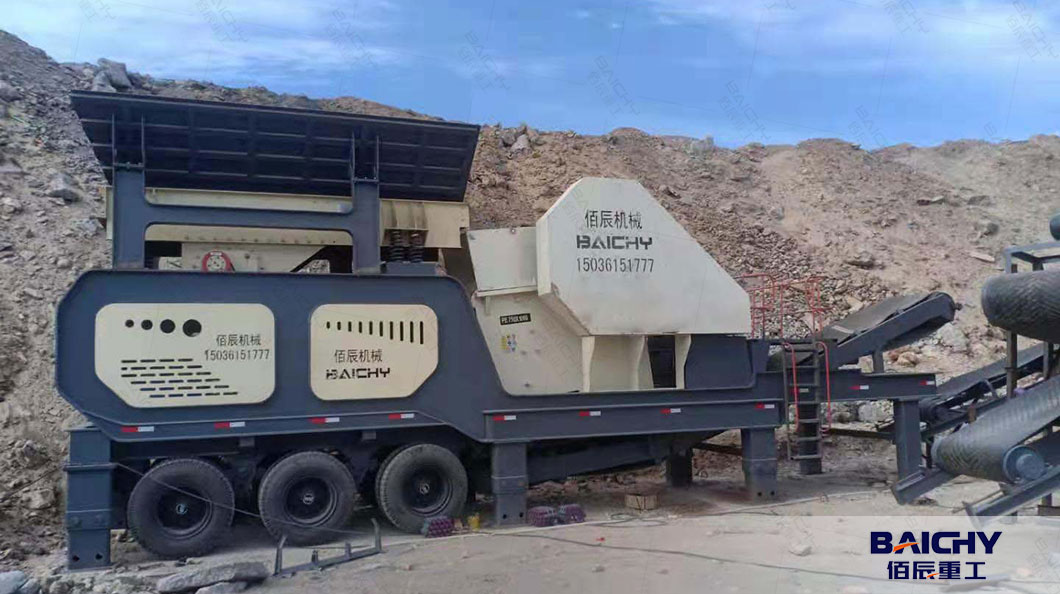
2. Quick Installation and Setup
These plants are designed in a modular and integrated manner. They come pre-assembled to a large extent, so the installation process at a new site is relatively straightforward. Operators can have them up and running in a short period, often within a day or two depending on the complexity of the setup. In contrast, building a fixed crushing plant from scratch can take weeks or even months for tasks like foundation laying, equipment installation, and commissioning.
There is no need for elaborate civil engineering work like constructing large concrete foundations at the site as they are self-supporting on their mobile platforms.
3. Versatility in Applications
Mobile stone crusher plants can handle a wide variety of materials including but not limited to granite, limestone, basalt, and concrete debris. They can be adjusted and configured to produce different sizes of aggregates depending on the specific requirements of construction projects such as road building, building foundations, or landscaping.
They can be used in different industries like mining, quarrying, construction, and demolition waste recycling. For instance, in the recycling of demolished concrete structures, they can crush the concrete into reusable aggregates for new construction projects.
4. Cost Savings in Some Aspects
By eliminating the need for extensive transportation of raw materials to a fixed crushing site, they can reduce the cost associated with hauling large quantities of bulky stones over long distances. The crushers can be positioned close to the source of the material, whether it's a quarry face or a demolition site.
In some cases, the rental cost of a mobile crusher plant for a short-term project might be more economical than investing in a fixed crusher that would sit idle after the project is completed.
5. Environmental Adaptability
Many modern mobile stone crusher plants are equipped with advanced dust suppression and noise reduction systems. They can operate in urban areas or environmentally sensitive regions with relatively low impact on the surrounding environment. For example, the dust collection systems can capture a significant amount of the fine dust generated during the crushing process, preventing it from spreading and causing air pollution.
Mobile Stone Crusher Plant: Cons
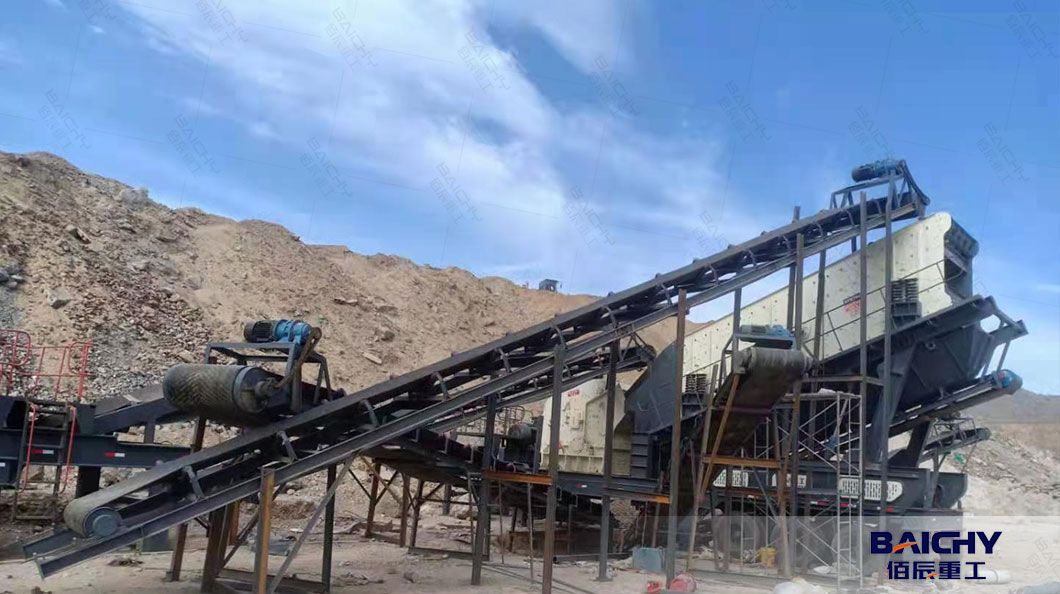
1. Higher Initial Cost
Mobile stone crusher plants are generally more expensive than their stationary counterparts of similar capacity. The additional cost comes from the mobile chassis, the integration of various components in a compact and movable design, and the engineering required to make them durable enough for transportation and on-site movements. For small businesses or start-ups with limited capital, this higher upfront investment can be a significant deterrent.
2. Limited Capacity Compared to Fixed Plants
While they offer great mobility, mobile crushers usually have a lower maximum processing capacity per hour compared to large fixed crushing plants. In large-scale mining or quarrying operations that require processing huge volumes of stones continuously, multiple mobile crushers might need to be deployed, which increases the overall equipment cost and requires more manpower to operate and maintain them.
3. Maintenance Challenges
The compact design of mobile crusher plants means that accessing and servicing some internal components can be difficult. Technicians might have to work in cramped spaces when performing routine maintenance or repairs. Also, the continuous movement and vibration during transportation and operation can cause more wear and tear on components like bearings, belts, and crushers themselves, leading to more frequent breakdowns and higher maintenance costs over time.
4. Transportation and Logistics Issues
Moving a large mobile stone crusher plant requires proper transportation arrangements, including suitable trailers and sometimes special permits depending on the size and weight of the equipment. The process of loading, securing, transporting, and unloading the plant can be time-consuming and may involve additional costs for hiring specialized transport services. In some regions with narrow roads or low bridges, there might be restrictions on the movement of these large mobile units.
5. Dependency on Mobile Platform Integrity
The performance and lifespan of a mobile stone crusher plant are highly dependent on the condition of its mobile chassis. If the chassis suffers damage due to rough terrains, accidents during transportation, or improper maintenance, it can affect the overall operation of the crusher. Repairing or replacing a damaged chassis can be a costly and time-consuming affair, and during the repair period, the crusher plant will be out of commission.
Understanding the less commonly discussed pros and cons of mobile stone crusher plants is essential for making informed decisions about their implementation in various projects. By evaluating these factors and addressing potential challenges proactively, operators can maximize the benefits of mobile crushing plants while mitigating their limitations for efficient and sustainable operations.








 2025-11-22
2025-11-22

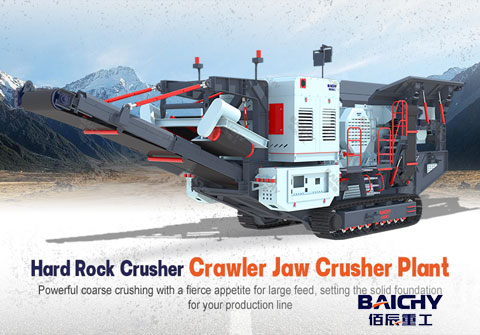

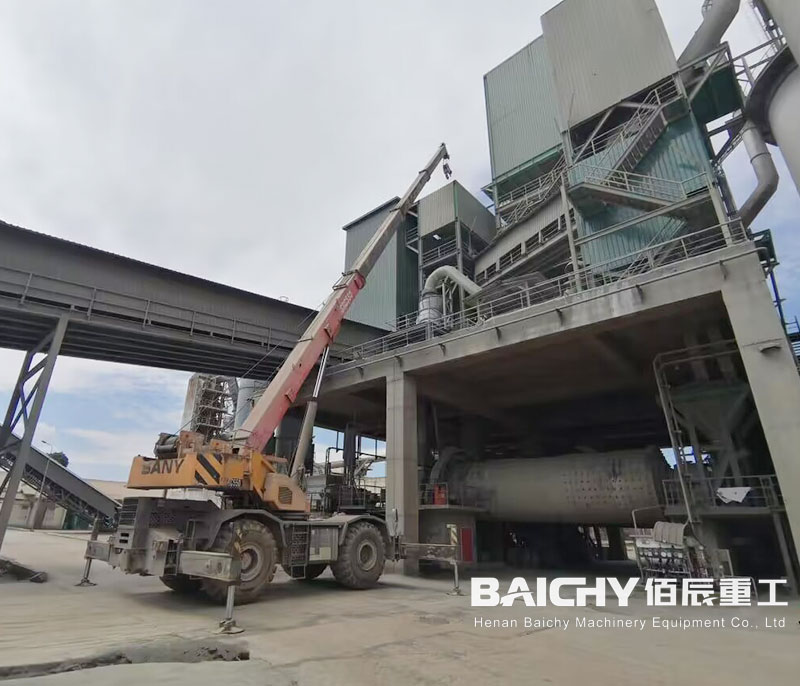
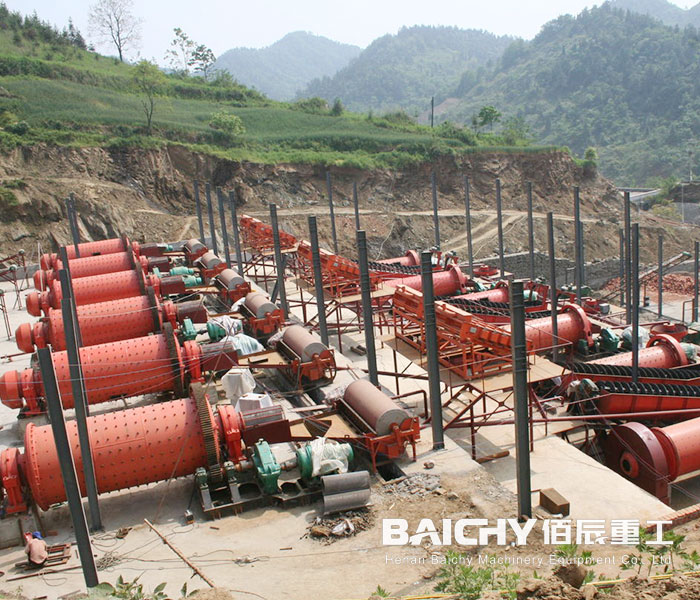
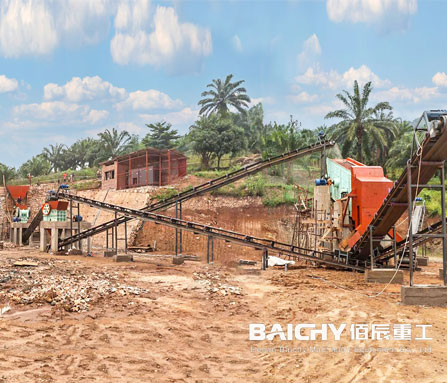
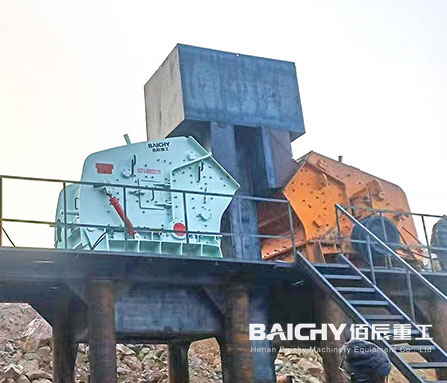














 86-15093113821
86-15093113821
 86-15093113821
86-15093113821

